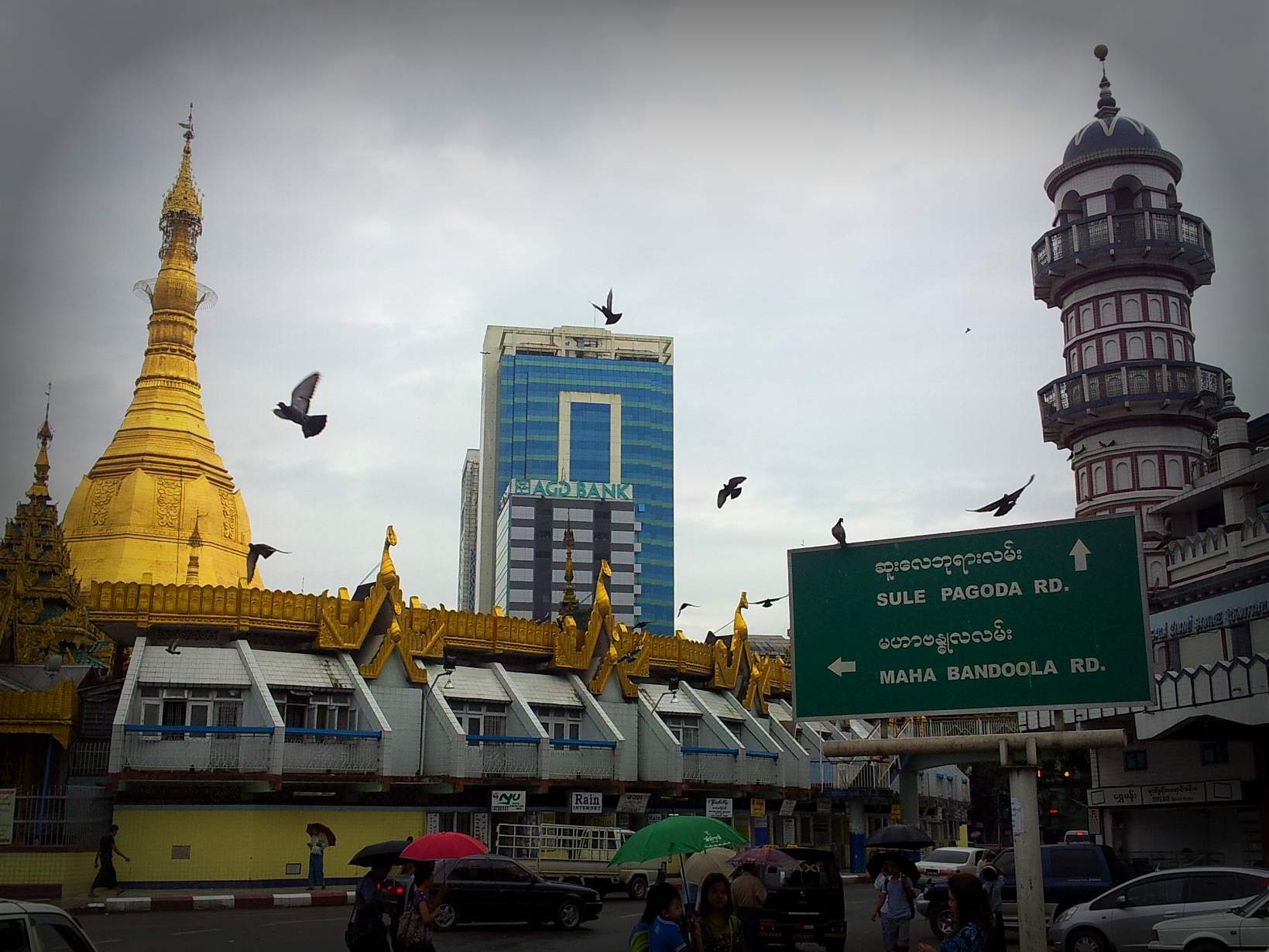Fears fomented by Buddhist nationalists about the supposedly rapid increase in the number of Muslims in Burma have proven to be completely unfounded, according to new data released on Thursday by the country’s Department of Population.
Figures showing the breakdown of Burma’s population by religion, based on a nationwide census completed more than two years ago, indicate that the percentage of Muslims in the country currently stands at 4.3 percent — up slightly from the 3.9 percent recorded during Burma’s last census in 1983.
This percentage includes an estimated 1,090,000 Rohingya who were not enumerated in the census because they refused to identify as “Bengali” — the official designation for a mostly stateless Muslim minority living in northern Arakan State. Without them, the percentage of Muslims in Burma is a mere 2.3 percent.
The census figures confirm Burma’s status as an overwhelmingly Buddhist nation. A total of 87.9 percent of the country’s more than 51 million people counted themselves as Buddhists in 2014, compared with 89.4 percent in 1983.
The census showed that Christians, not Muslims, are the only group growing at a significant, albeit still modest, rate, increasing from 4.9 percent to 6.2 percent of the total population over a period of more than 30 years.
[related]
The delay in releasing the figures had been attributed to concerns that they would confirm suspicions — actively propagated by Buddhist nationalist groups such as the Association for the Protection of Race and Religion, better known by its Burmese acronym Ma Ba Tha — that the number of Muslims in the country had grown at an alarming rate.
Such fears had been used to justify the introduction under the administration of former President Thein Sein of a number of controversial laws aimed at restricting women’s rights to marry outside of their religion and limiting how many children people belonging to some groups were permitted to have.
In a statement, the United Nations Population Fund (UNFPA), which helped the Burmese government carry out the census, welcomed the release of the data as “an opportunity for Myanmar [Burma] to embrace its long history of cultural diversity and to promote the benefits of a truly inclusive society.”
Janet E. Jackson, the UNFPA country representative for Burma, was quoted in the statement as saying that the move would allow the country to “replace speculation with fact.”
“The peoples of Myanmar form a vibrant socio-cultural fabric with the power to forge hope of sustainable peace and respectful co-existence,” she added.



